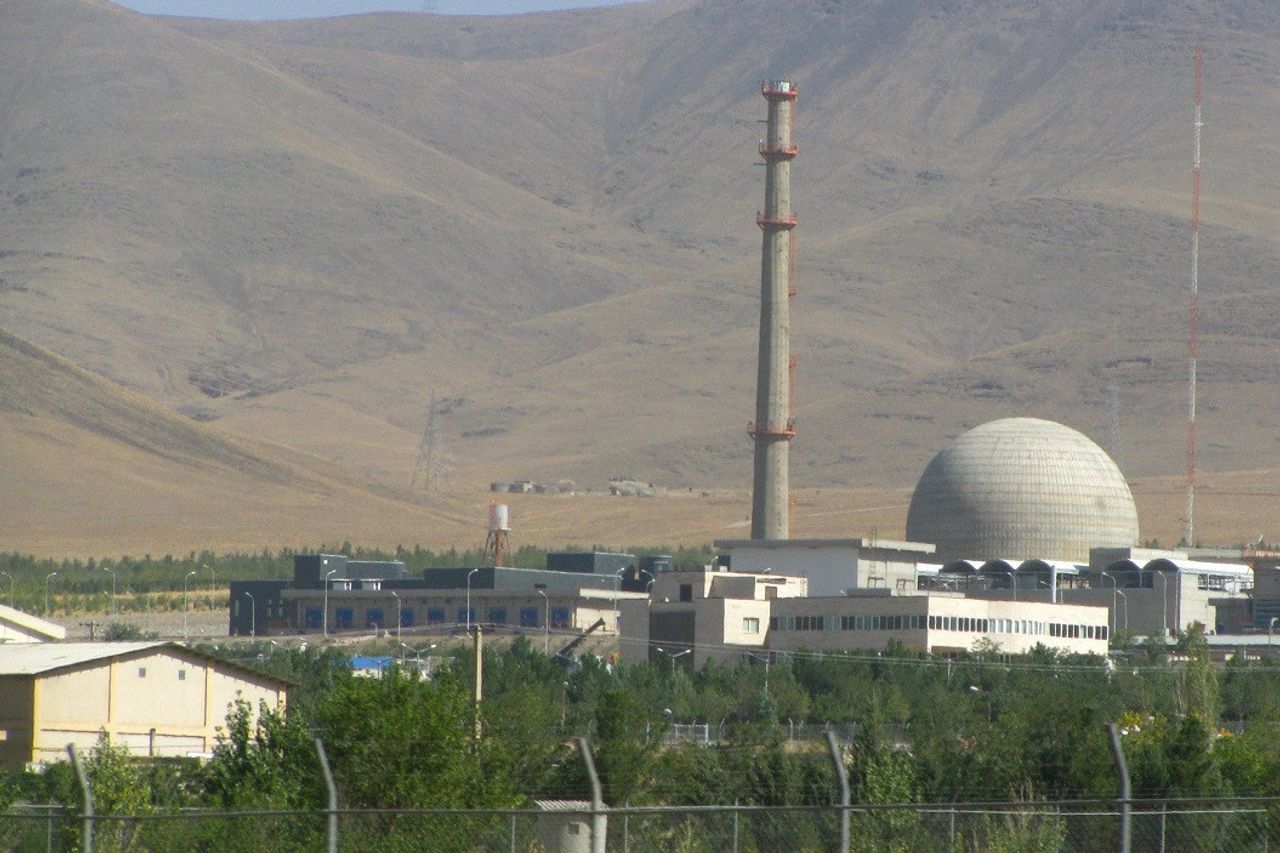Iran Will Test A Nuclear Reactor That Was Closed In 2015, Before It Opened At The End Of The Year

JAKARTA - Iranian authorities have announced that they will test the redesigned Arak nuclear reactor, as the initial stage of a plan to re-operationalize the reactor by the end of the year.
The announcement was made by Iran's Atomic Energy Organization on Friday, March 19. The test conducted is a cold trial.
Spokesman Behrouz Kamalvandi was quoted as saying by local media saying cold testing, which usually includes the initial startup of fluid systems and support systems, will take place at the start of the Iranian new year which starts this Sunday.
"In other words, we have advanced jobs in the fields of fuel, storage, etc.", said Kamalvandi.
This announcement is expected to complicate Iran's efforts with Western countries to return to the 2015 nuclear agreement. As well as put new pressure on the President of the United States Joe Biden.

Iran's recalcitrant attitude cannot be separated from the controversial decision of former US President Donald Trump, who declared his exit from the agreement in 2018, followed by the imposition of sanctions against Iran.
The United States and Iran are now caught in a deadlock over who must move first to save the deal.
Iran agreed to shut down the nuclear reactor at Arak, about 250 km southwest of Tehran, under the 2015 nuclear agreement. The reactor can produce a limited amount of heavy water and Tehran has been working to redesign the reactor. He said he plans to make isotopes for medical and agricultural purposes.
The International Atomic Energy Agency (IAEA) said in a report to its member states earlier this week that Iran had started enriching uranium in its underground plant Natanz with the second type of advanced centrifuge, IR-4, in further violation of the agreement.
Last year Iran began moving three cascades, or groups of different advanced centrifugal models from the above-ground plant in Natanz to its underground Fuel Enrichment Plant (FEP). The practice of enriching is illegal because it uses an IR-2m centrifuge. The deal only allowed it to enrich there with the first generation IR-1 engine. Meanwhile, at Fordow, Iran enriched the purity of their uranium to 20 percent.
